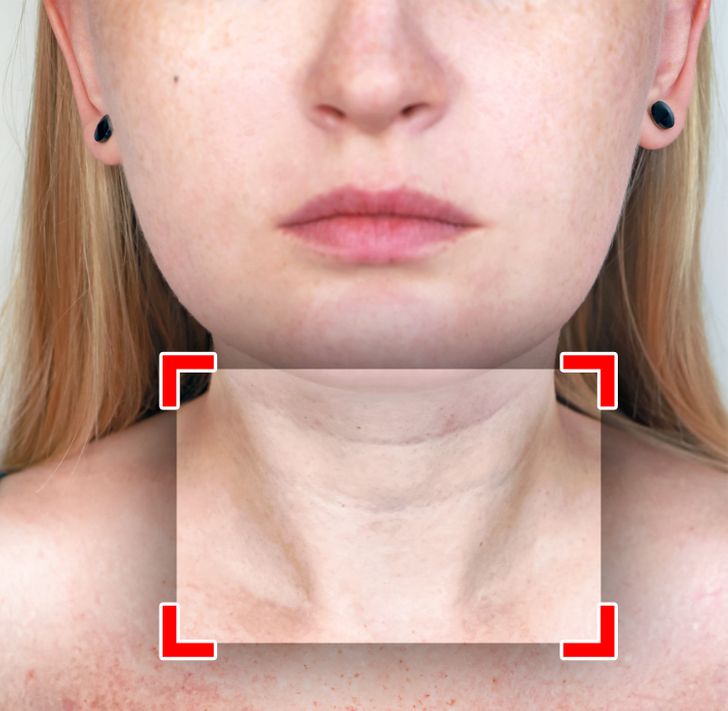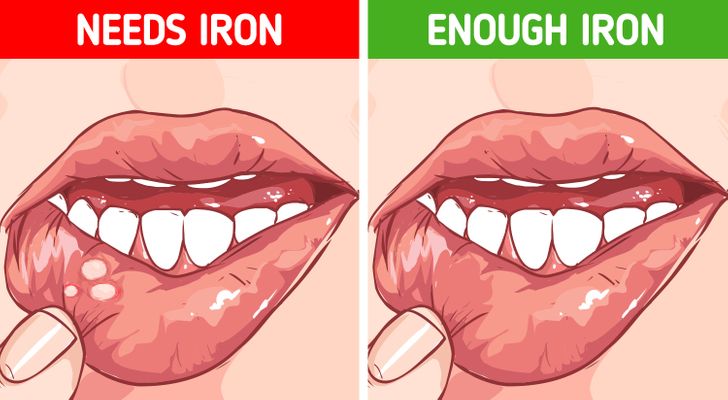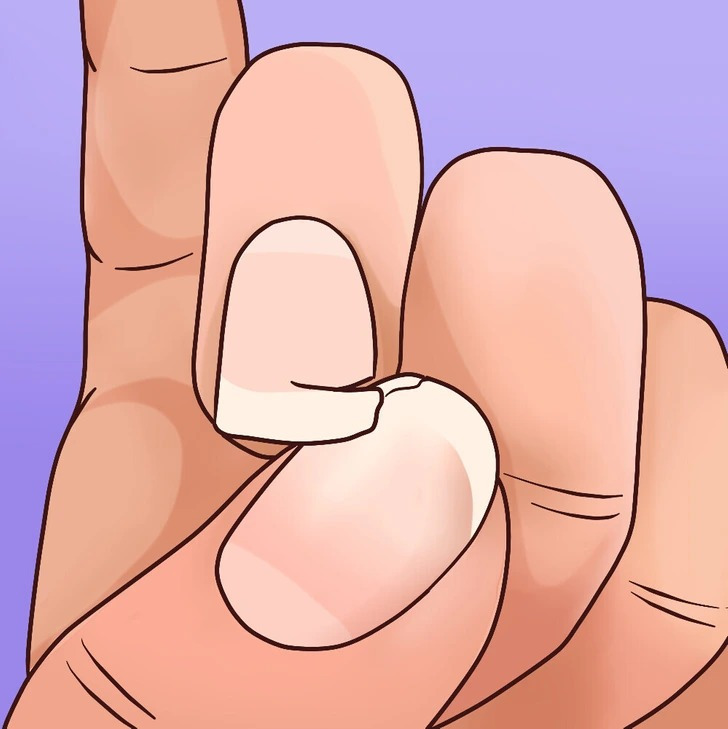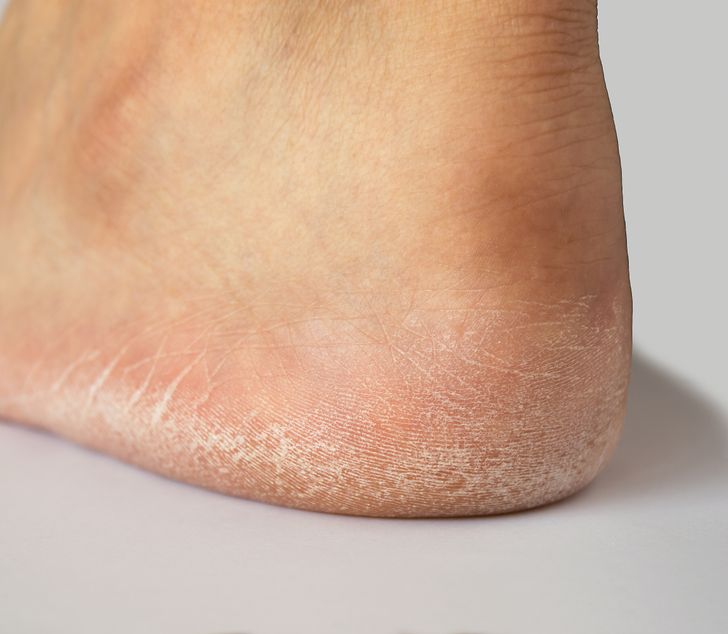The human body is a finely tuned system where everything is interconnected. When something isn’t right, it sends subtle signals through various symptoms rather than staying silent. By recognizing and understanding these signs, we can take early action to address potential issues and maintain overall well-being.
This content is for informational purposes only and should not be considered a substitute for medical advice. Always consult your doctor for guidance on your health and medical conditions.

If you often feel unusual sensations in your legs and feet—like crawling, creeping, or an irresistible urge to move—you may have restless leg syndrome (RLS). This chronic condition tends to worsen at night, making it difficult to sleep. While there is no known cure for RLS, supplementing with vitamins and minerals such as vitamin C, E, B6, B12, magnesium, and iron may help alleviate symptoms.
Flatulence

Flatulence may indicate a lack of certain enzymes needed for digestion, such as lactase or amylase. It can also be linked to a magnesium deficiency, which helps relax intestinal muscles and reduce spasms. However, it is always best to consult a doctor.
Horizontal lines on your neck

After menopause, women produce less estrogen, a hormone essential for maintaining strong bones. One surprising sign of decreasing bone density is the appearance of deep neck wrinkles, which may indicate increased brittleness and a higher risk of fractures. Taking calcium and vitamin D supplements can be beneficial in preventing osteoporosis.
Additionally, these wrinkles could signal an underactive thyroid. If left untreated, thyroid issues can lead to further skin changes, including dryness and flaking. Paying attention to these early signs and consulting a healthcare professional can help address underlying health concerns before they worsen.
Ulcers on your mouth and tongue

The most common causes of mouth ulcers include smoking, allergies, accidental tongue bites, and inflammation. However, if none of these apply to you, a deficiency in vitamin B12, iron, or folate could be the culprit. These deficiencies develop gradually over time rather than appearing suddenly.
Other warning signs may include fatigue, dizziness, an irregular heartbeat, and muscle weakness. If you experience these symptoms, consider making significant dietary changes and incorporating the necessary supplements to restore balance and support your overall health.
Peeling nails and cuticles and white spots on your nails

The most common causes of peeling nails and cuticles are iron deficiency and dehydration. If left untreated, iron deficiency can progress to anemia, potentially leading to serious health issues like chest pain. Other possible factors behind brittle nails include an underactive thyroid, lung disease, or kidney disease. To improve nail health at home, focus on an iron-rich diet and keep your nails well-moisturized.
If you notice white spots on your nails, there are four possible explanations: allergies, a fungal infection, an injury, or a mineral deficiency. The last one requires special attention, as it is often linked to low zinc or calcium levels. A blood test can help identify the deficiency and guide appropriate treatment.
Cracked heels

Cracked heels can result from dry skin, cold weather, or prolonged standing. However, they may also signal underlying health conditions such as eczema, hypothyroidism, or diabetes. To treat them at home, soak your feet in warm, soapy water for about 20 minutes, then gently exfoliate with a pumice stone. Follow up with a rich moisturizer containing lactic acid, jojoba oil, or shea butter to lock in hydration.
If home treatments don’t improve your heels, it’s best to consult a doctor. A podiatrist may recommend specialized treatments or prescribe a stronger moisturizer. To maintain healthy heels, regularly check them, keep them clean, and wear supportive footwear.
Changes to the breast

If you notice any changes in your breasts—such as lumps, increased firmness, dimpling, redness, scaling, or itching—seek medical attention immediately. Detecting these symptoms early can significantly improve the chances of successful treatment.
In some cases, health concerns may stem from lactose intolerance. Identifying this sensitivity and removing lactose from your diet can lead to noticeable improvements. Simple dietary adjustments can enhance digestion, reduce discomfort, and promote overall well-being.